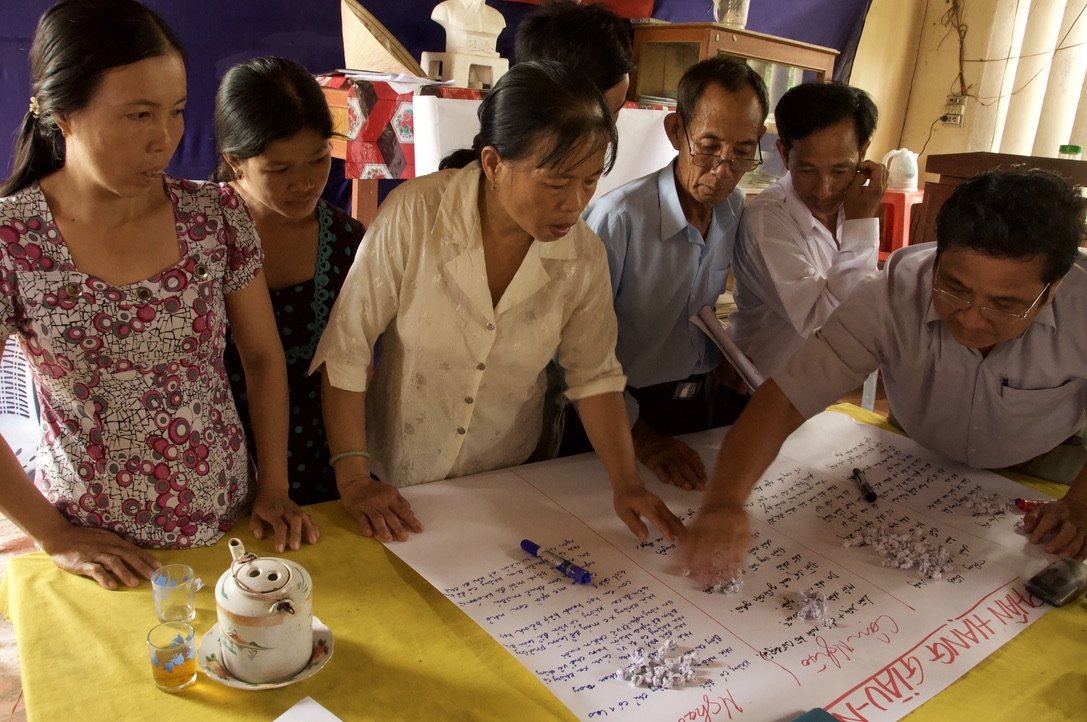MULTI-COUNTRY IMPACT ASSESSMENT OF CASH TRANSFERS USING PARTICIPATORY STATISTICS
Estimating the impact of DFID-FAO-UNICEF cash transfers on local household economies and networks with beneficiaries in Ethiopia, Ghana, Kenya, Zimbabwe, and Lesotho
Clients
UK Department for International Development (DFID),
Food and Agriculture Organization (FAO), United Nations International Children's Emergency Fund (UNICEF)
Period
2011 - 2014
Services
Evaluation,
Innovation Capacity
Locations
Ethiopia, Ghana, Kenya, Malawi, Zimbabwe, Lesotho
Areas
Social Justice and Empowerment
This was a six-country mixed-methods impact assessment that included the use of Participatory Statistics to assess the contribution of cash transfers to local household economies and networks under the DFID-FAO-UNICEF ‘From Protection to Production’ (PtoP) project. The impact assessment was conducted under a contract held by Oxford Policy Management (OPM). Jeremy Holland, co-founder of Collaborative Impact, spearheaded the innovative Participatory Statistics component.
Using participatory tools, beneficiaries generated statistics to estimate and analyse the contribution of the cash transfer to their household income and expenditure. The research confirmed that cash transfers provided a valuable source of additional income for extremely vulnerable beneficiary households, whether elderly women looking after orphaned grandchildren or beneficiary households coping with health shocks.
Through group-based quant-qual analysis, randomly sampled beneficiaries were able to reflect on just how significant this extra income stream was for their households. It emerged that in some instances, beneficiaries were able to reduce their reliance on working as casual labourers or increase their investment in livelihood productivity, diversification or trading.
As part of the participatory process, research feedback sessions were held with each sampled community at the end of each period of fieldwork. These enabled validation and discussion of the teams’ working findings. Additional feedback sessions were held with government officials at district and national levels to consider the operational implications of the research findings.



